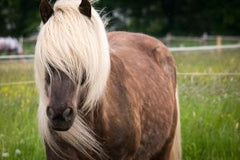
We Love Bacon and Soft Drinks as Much as We Love Our Horses
Horse owners typically take great pride in being able to say they care greatly for their animals. They provide plenty of clean water, safe shelter & lots of relaxing grooming. When it comes to feed, only high-quality hay or pasture makes it into the horse. Indeed, many horses are treated quite nicely, as they should be!
Now, if only their owners adopted the same mentality for themselves as well... Chocolate-covered bacon, deep-fried Oreos, and believing that a 20 oz. soft drink is actually "small" is not doing our bodies any favors, regardless of how good something might taste! So it should come as no surprise that more people are becoming insulin resistant each year.
Why Insulin Resistance Should Worry You As Both a Human and Horse Owner
The Mayo Clinic defines insulin resistance as a condition in which cells don't respond normally to insulin, and glucose can't enter the cells as easily. As a result, glucose levels in your blood rise despite your body's attempt to control the glucose by churning out more and more insulin. This can eventually lead to diabetes when your body is unable to make enough insulin to keep the blood glucose within the normal range. Horses & humans are similar enough biologically that they are affected similarly. However, horses don't experience the cessation of adequate insulin production by the pancreas as can occur in humans.
An article by Dr. Jenifer Nadeau, an Associate Professor and Equine Extension Specialist at the University of Connecticut acknowledges that insulin resistance in horses is a relatively new problem. She writes that while the exact cause of insulin resistance is still unknown, several possible causes include:
Diet: Horses had increased insulin resistance when fed high sugar/starch feeds compared to high fiber and fat rations, especially when they were not obese.
Obesity: Overweight horses tend to be insulin resistant, as are "easy keepers" even if they are not obese.
Age: Old horses (>20 years) seem to be more prone to insulin resistance, probably second to pituitary dysfunction (Cushing's disease) which is extremely common, especially in mares.
Breed: Ponies were found to have higher degrees of insulin resistance than Dutch Warmbloods or Standardbreds. Breeds that are prone to developing cresty necks and obesity, such as Morgans, draft-type horses, and Quarter Horses may be more likely to develop the problem. However, a study conducted at the University of Connecticut that compared exercising Morgans and exercising Thoroughbreds did not find a difference between breeds with regards to insulin resistance.
Laminitis: Horses with a family history of laminitis and horses that develop laminitis without an obvious cause (grain overload, sudden access to lush, green grass) may be insulin resistant.
Remediation and Prevention With Some Help From Horse Guard Inc.
Just as with humans, a change of diet, a reduction (or elimination) of excess sugars, and exercise can help remediate insulin resistance in horses and could be key factors in preventing this from becoming a problem in the first place. To help aid your efforts at keeping your horse healthy, Horse Guard Inc. proudly states that we add very little filler to any of our products, keeping starch & sugar levels at a minimum.
Whether you supplement your horse's feed with our signature product, Horse Guard, the most highly concentrated equine vitamin-mineral supplement on the market today; or Gut Guard, a powerful combination of live Probiotics & Prebiotics and Yeast that is 100% dedicated to gut health, know that for over 35 years, Horse Guard Inc. has remained dedicated to horses everywhere. Kindly contact us today to see for yourself.

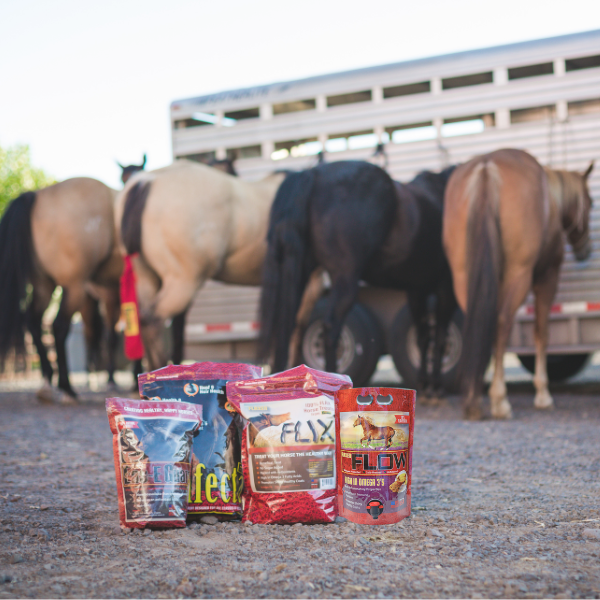
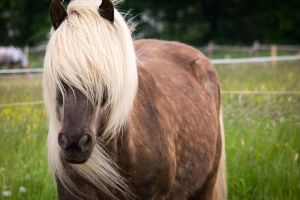
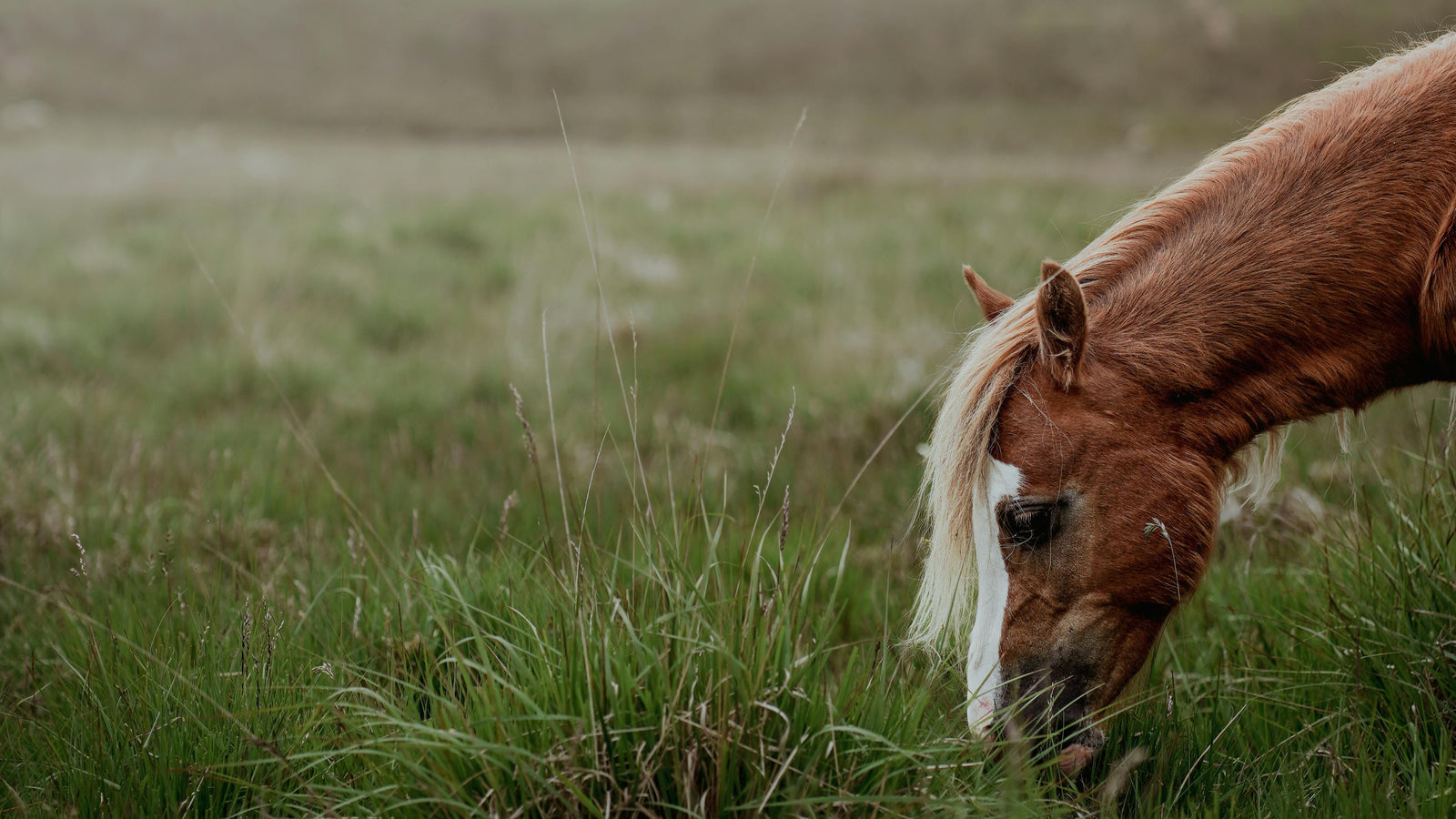
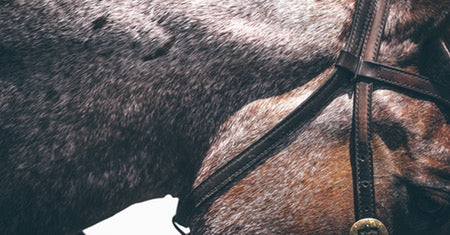
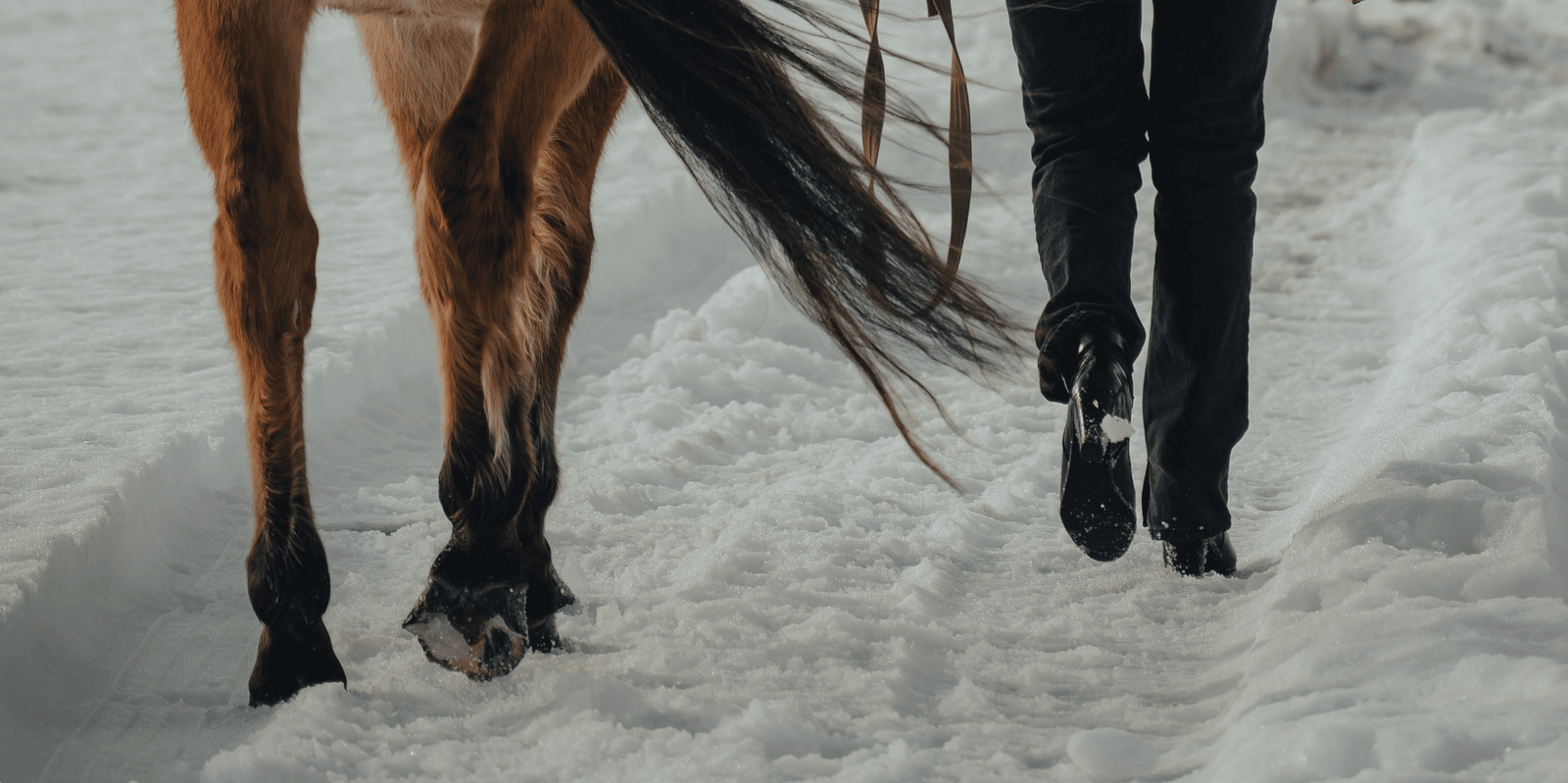
Debbie Bailey
March 05, 2021
I hav a 22 year old arabian mare that has cushings and has insulin resistance, with coffin bone rotation. She needs to gain weight she has dropped to 715lbs. we give her hay that is been tested very good and low in sugar. We also give 5-6 lbs a day of Haystack special blend, and Nutrena special care.
Horse guard weight gain helped my thorobred with cushings to gain weight. Will this help my arabian?